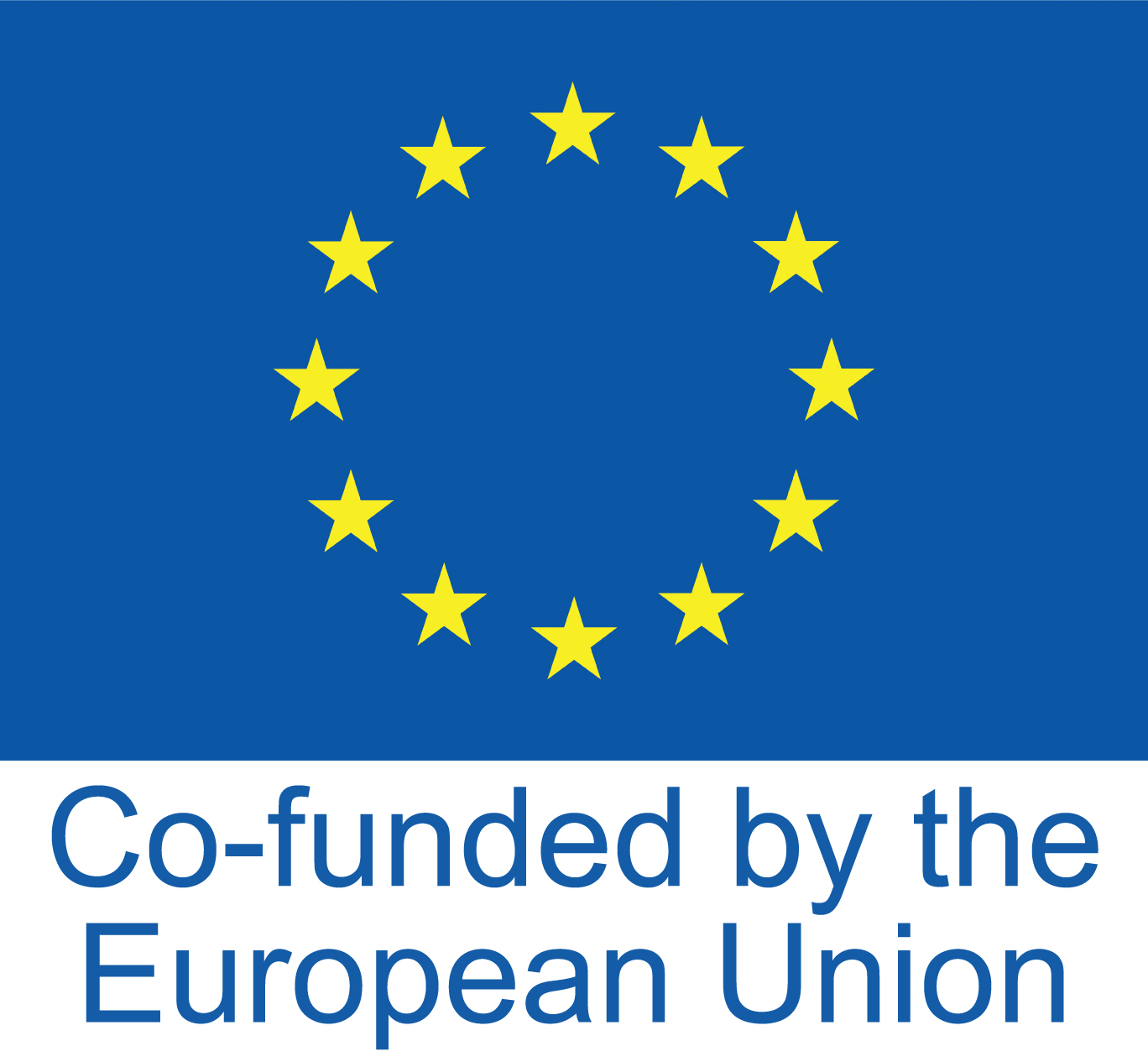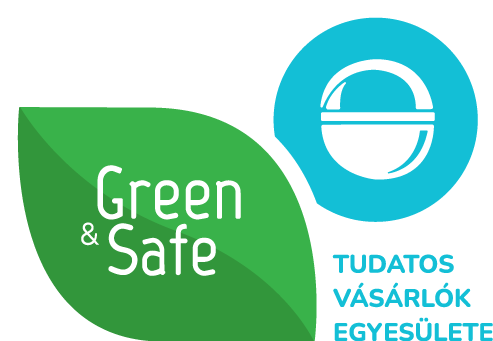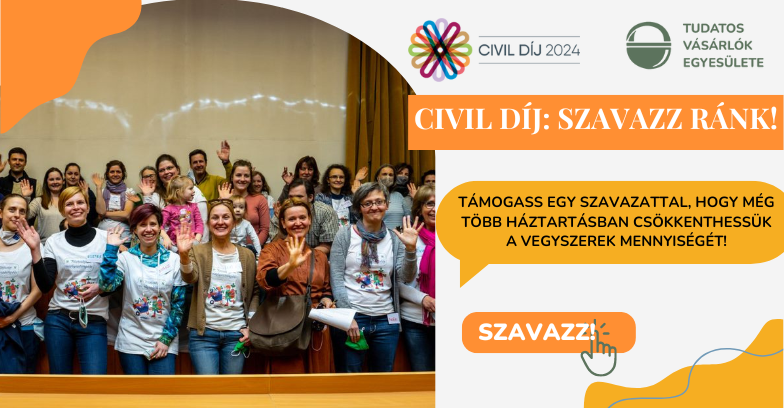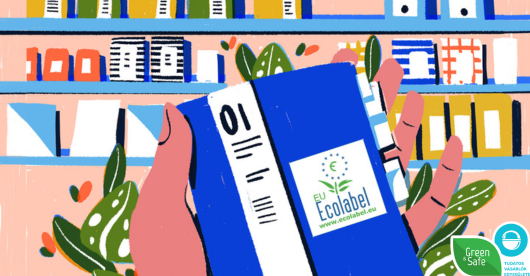
One in 3 customers already knows what logo to look for that they can trust. Do you?
Awareness of the EU Ecolabel has increased significantly among Hungarian consumers over the past 5 years, according to recent research data from the Association of Conscious Consumers. In Hungary, 32% are aware of the label, while the EU average is around 30%. The Association has reported that the market for eco-cleaning products is growing steadily in Hungary, and the increase in awareness of authentic certifications is encouraging in that self-labelled, unqualified “green” products may be more marginalised.
According to the survey of a nationally representative sample,
- around 32 percent of respondents know the European Union’s green product certification,
- compared to only 17 percent in 2019.
- Among customers with children, the proportion is even higher, at 45 percent. This is not surprising given that 88 percent of Hungarians are concerned about the health and 87 percent about the environmental impact of chemicals in products, with children being the most sensitive to harsh chemicals.
- The survey also shows that 77% of respondents, regardless of their level of awareness, trust the environmental guarantee provided by the EU Ecolabel.
Green cleaning is spreading, but so is greenwashing
Green labels have proliferated like wildfire, with nearly 500 eco-friendly labels and countless self-labelled, i.e. independently certified, unverified “green” labels in use around the world.
Manufacturers are trying to ride the green wave as consumer demand for environmentally friendly products grows. The market for eco-cleaning products grew by 16% last year, but 80% of this growth was attributable to products sold as “green” without a genuine eco-certification, often making misleading claims.
Manufacturers tend to emphasise facts about their products that claim positive environmental impacts (e.g. recyclable packaging, natural fragrances), but at the same time distract attention from the actual, often harmful ingredients of the product.
If this is accompanied by a green logo or a label that is not third-party verified, the customer is often given the impression that the product is eco-friendly.
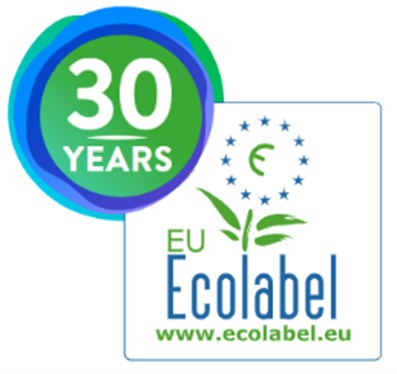 This is where third-party validated certificates come in, with the EU Ecolabel considered by Conscious Consumers to be the strongest.
This is where third-party validated certificates come in, with the EU Ecolabel considered by Conscious Consumers to be the strongest.
The purpose of the labels is to give a market advantage to products or services that have been proven to have a lower environmental impact than their rivals (e.g. recycled, rechargeable, reduced resource use, no hazardous substances). The EU Ecolabel was developed by the European Commission and the Member States. It is one of the labels that both the European Consumers’ Organisation (BEUC) and the European Environmental Bureau (EEB) consider to be credible.
EU Ecolabel is awarded to products or services that have a significantly lower negative environmental impact than products or services that serve a similar purpose. It has the added advantage over many other eco-labels that the criteria are laid down in law and are constantly monitored by independent experts, meaning that it is not the producer, who responsible for the label.
Companies wishing to enter the European Union market can apply for certification on their own initiative to obtain and use the flowery EU Ecolabel on the best products in a given product category. Hungarian products and Hungarian manufacturers can also apply for the certification procedure.
What should consumers trust?
It is not easy for consumers who simply want a clean, hygienic environment free of harmful chemicals. With a plethora of products on the shelves offering themselves as “green”, it is difficult to choose the few that are not only effective but do not leave harmful substances on objects afterwards.
The latter is guaranteed if you choose products with the EU Ecolabel and their effectiveness is checked in the free Conscious Consumers’ Product Tests, which are now available for
- washing gels,
- detergents,
- hand dishwashing detergents,
- dishwasher detergents and
- toilet cleaners.
These consistently rank eco-labelled products at the top of the list, so no one has to compromise between efficiency and environmental friendliness.
The research was commissioned by the Association of Conscious Consumers and carried out by market researcher Nielsen in September 2023, using the same methodology as in February 2019 as part of the Green & Safe LIFE-styles project. The explicit aim of Green & Safe LIFE-styles was to raise awareness of the EU Ecolabel.
Photo: canva.com
